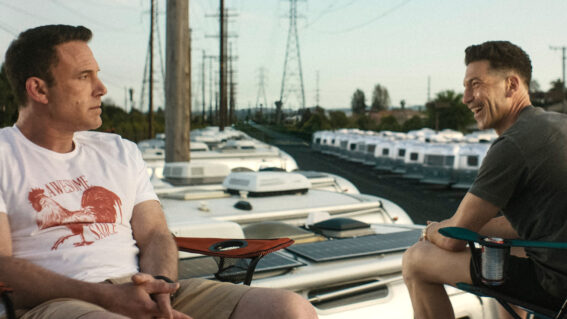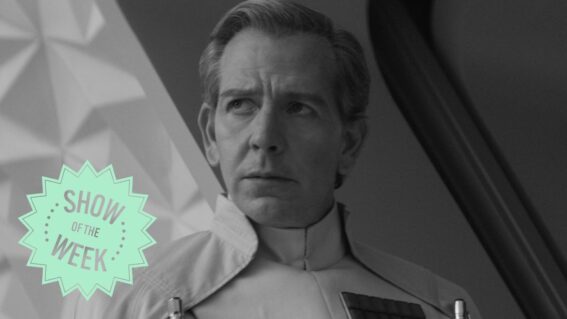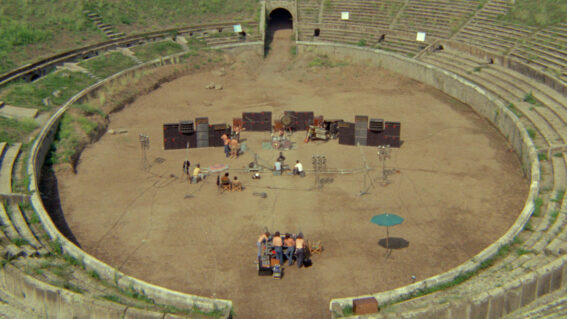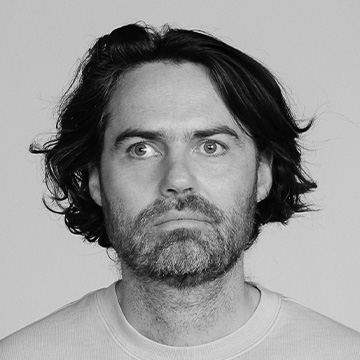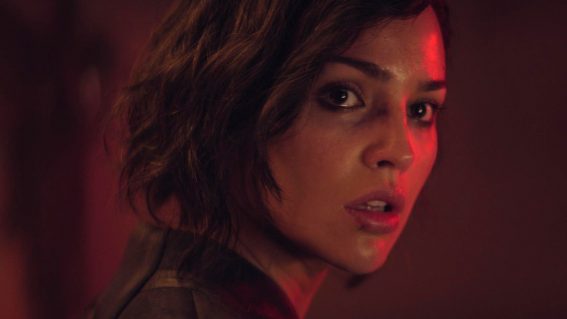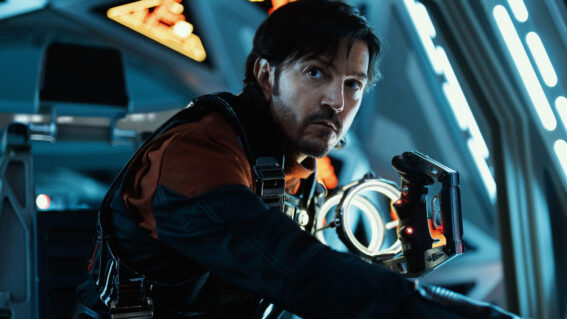The films of fearless and committed Kiwi doco-maker Annie Goldson
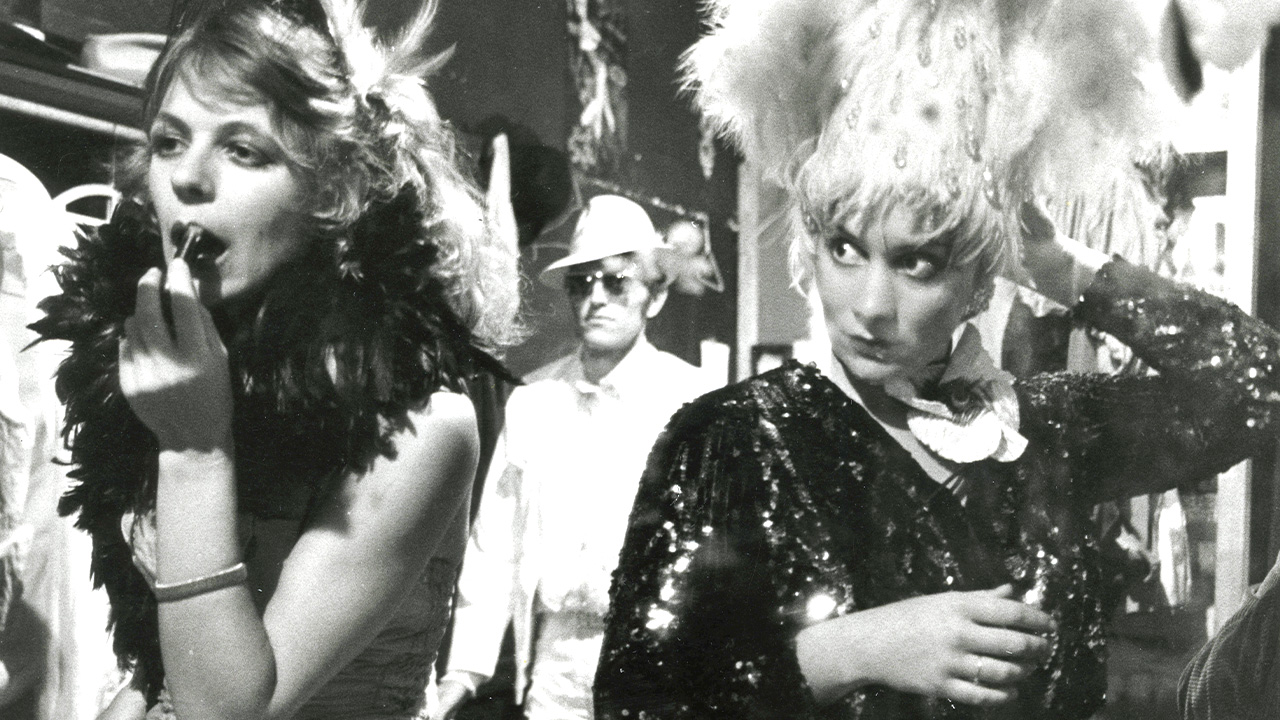
Liam Maguren highlights five films from award-winning Aotearoa filmmaker Annie Goldson, whose latest film comes to cinemas just in time for Valentine’s Day.
Like most documentarians in the film world, Annie Goldson isn’t a recognisable name in wider Aotearoa—especially when compared to the likes of Taika Waititi and Jane Campion. Fortunately, her outstanding work has garnered her significant praise amongst her peers.
Awarded the Dame Gaylene Preston Award for Documentary Filmmakers and new Arts Laureate last year, Goldson’s longstanding career contains a wealth of must-be-documented New Zealand stories with a global impact.
The selection panel sung her praises:
“Annie Goldson is a fearless and committed documentary filmmaker with an international focus, both in terms of reflecting international issues in a New Zealand and Pacific context and bringing New Zealand and Pacific stories to the international stage. Over her career she has created a large and diverse body of work in the field of documentary of an extremely high standard, and she continues to produce new and challenging films.
“As a filmmaker whose work is often self-funded, this award will significantly impact on her ability to create new work. This award also acknowledges Goldson’s substantial contributions to documentary filmmaking in Aotearoa through her teaching and mentorship.”
Goldson’s latest film, Red Mole: A Romance, continues the filmmaker’s valiant mission to cement these local stories onto the screen. To mark that film’s return from NZIFF for a limited theatrical run, we highlight five films from Goldson’s career.
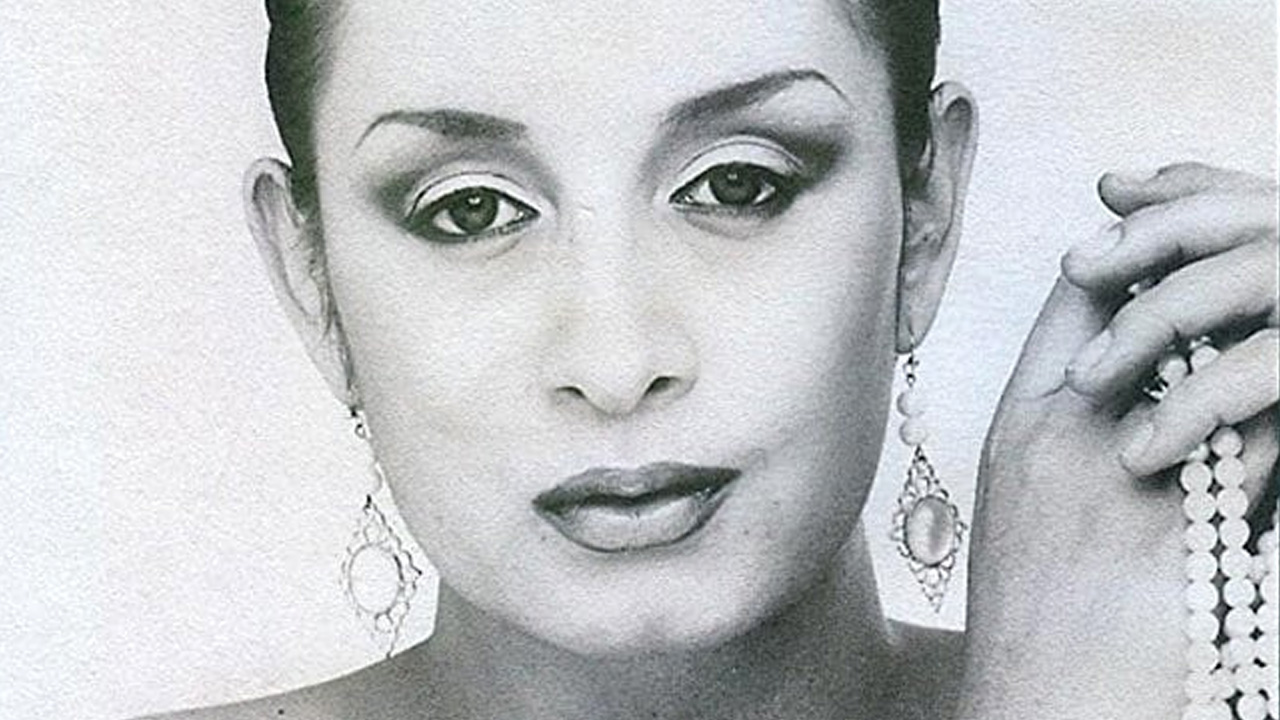
Georgie Girl
The life story of the late, great Georgina Beyer—the first transgender woman in parliament in both Aotearoa and the world—contains multitudes. While there’s the expected tales of hardship and prejudices, her tale ultimately proves uplifting and inspirational. Beyer lived a huge life that Goldson miraculously captures in under 70 minutes.
The first half of the doco builds up Beyer’s indomitable character—intelligent, confident, a no-nonsense truth-teller who knew the importance of being seen and heard. The second half shows how those qualities were recognised by the people of Carterton—some of the most grassroot, cow-milking, sheep-sheering pākehā this country has to offer—who loved her trustworthy demeanour and cut-the-bullshit approach to politics so much, they elected her mayor.
This essential documentary is available to stream for free in four parts via NZ On Screen.
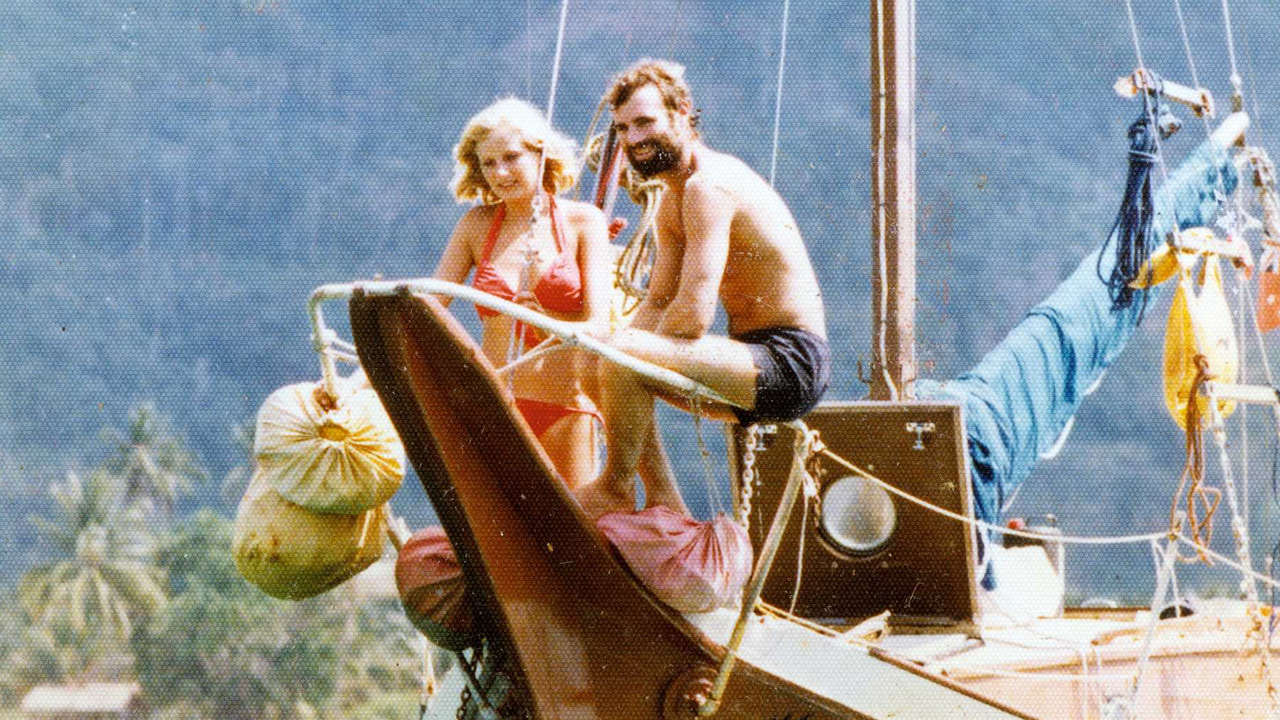
Brother Number One
Just as vital as Georgie Girl but far from uplifting, this documentary tracks Kiwi Olympic rower Rob Hamill’s voyage to Cambodia as he follows the tragic trail of events that led to his brother Kerry’s murder—a path seeped in the genocidal actions of the Khmer Rouge. It’s a heart-squeezing, personal journey that opened many New Zealanders’ eyes to the historical horrors suffered by the Cambodian people.
“A necessarily hard watch,” Stuff reviewer Sarah Watt states, “but has so much compassion and grace that the audience is not left feeling desolate by the end. Optimistically, one hopes that as people see this film, and appreciate the depths of horror inflicted upon the Cambodian people, we will be mobilised into a better way of being. For the Hamills, the sharing of their anguish may hopefully provide some sort of catharsis.”
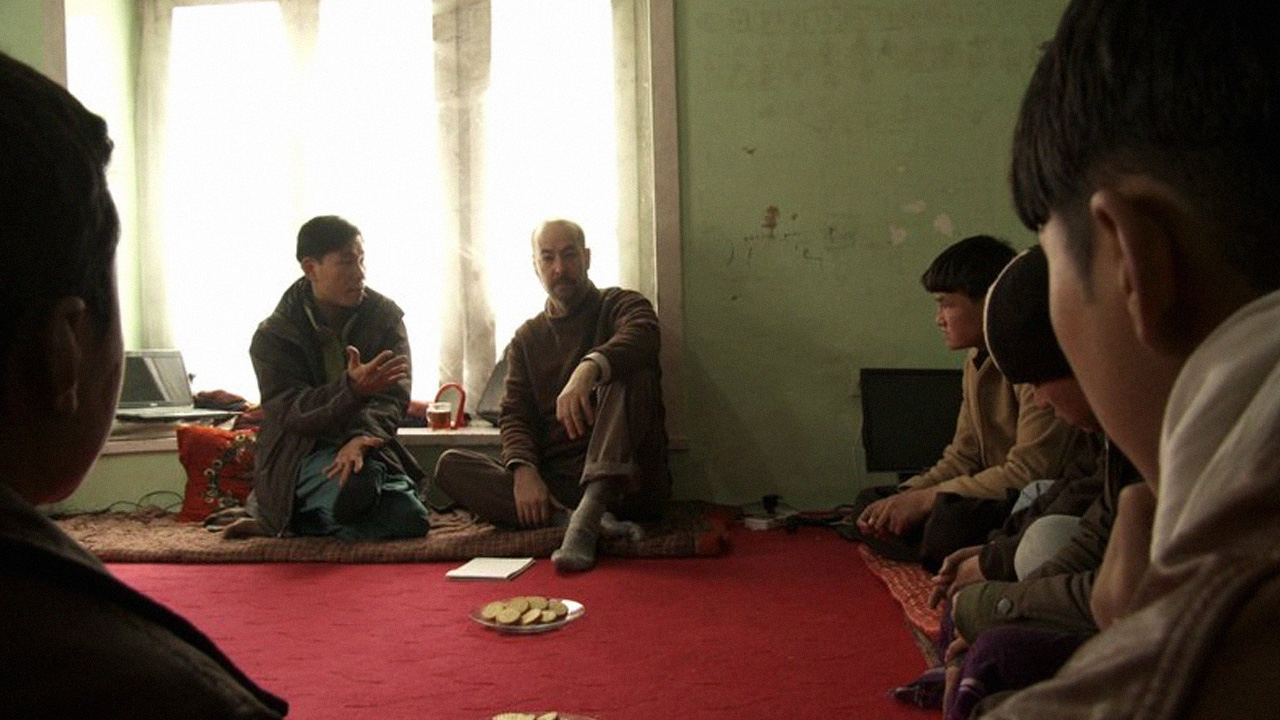
He Toki Huna: New Zealand in Afghanistan
For this 2013 documentary looking into New Zealand’s military engagement in Afghanistan, Goldson paired up with Jon Stephenson, a reporter who infamously copped flak from John Key for investigating these matters. The longest war this country’s been involved with, Goldson and Stephenson gather eyewitness accounts and interviews with soldiers to get a better perspective of our country’s involvement.
What exactly is a good alliance? Who are we actually helping or ignoring? It may seem like old news, but these questions have a way of becoming relevant again—similar ones are being asked of the current government and our response to the mass deaths of Palestinian citizens.
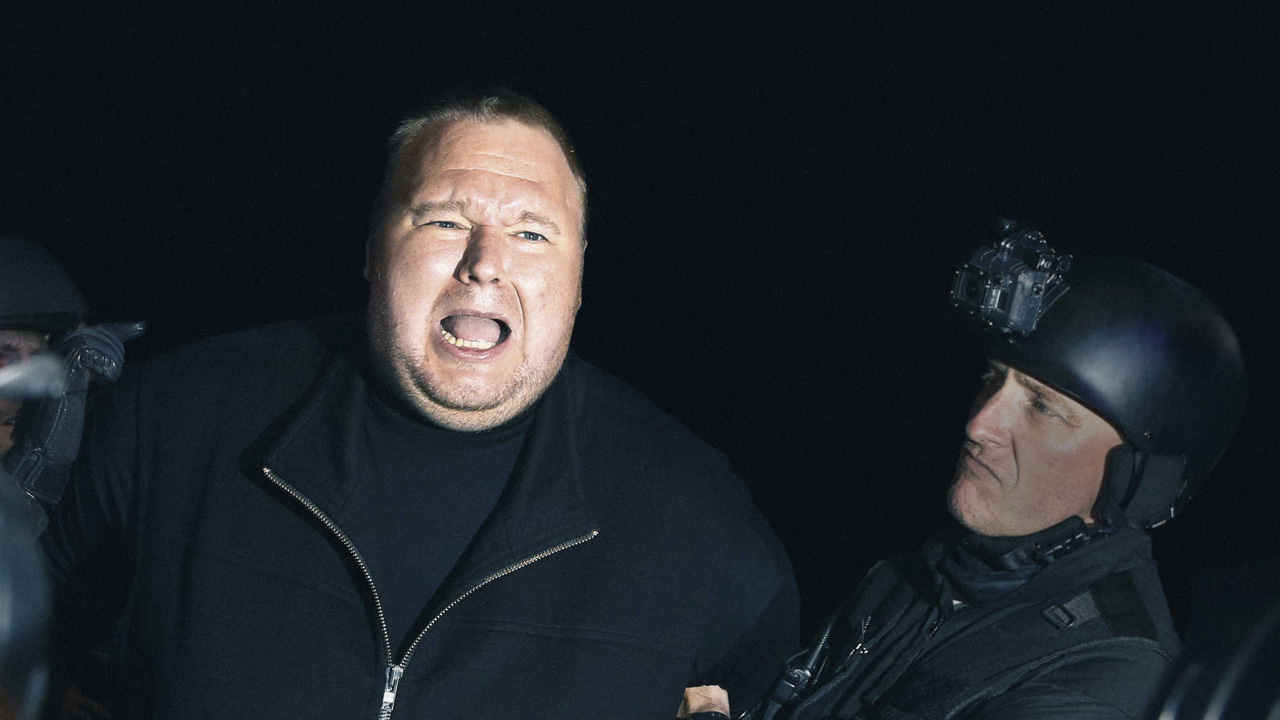
Kim Dotcom: Caught in the Web
You could make a pretty entertaining film about the lavish lifestyle that internet “bad boy” Kim Dotcom made for himself in little ol’ Aotearoa. Goldson goes the more respectable route by detailing the lengthy legal battle that revolved around the MegaUpload founder and the moral shades of grey that emerged from it.
“Kim Dotcom gets a fair trial from Annie Goldson’s extensive if by no means exhaustive scrutiny,” Variety wrote. “Sprawling across decades lived, millions spent and controversies invited by this high-living hacker, content pirate, attempted politician and celebrity fame chaser, Kim Dotcom: Caught in the Web finds him a shameless opportunist — but also the victim of overzealous, invasive, seemingly illegal pestering by authorities from New Zealand police to the White House.”
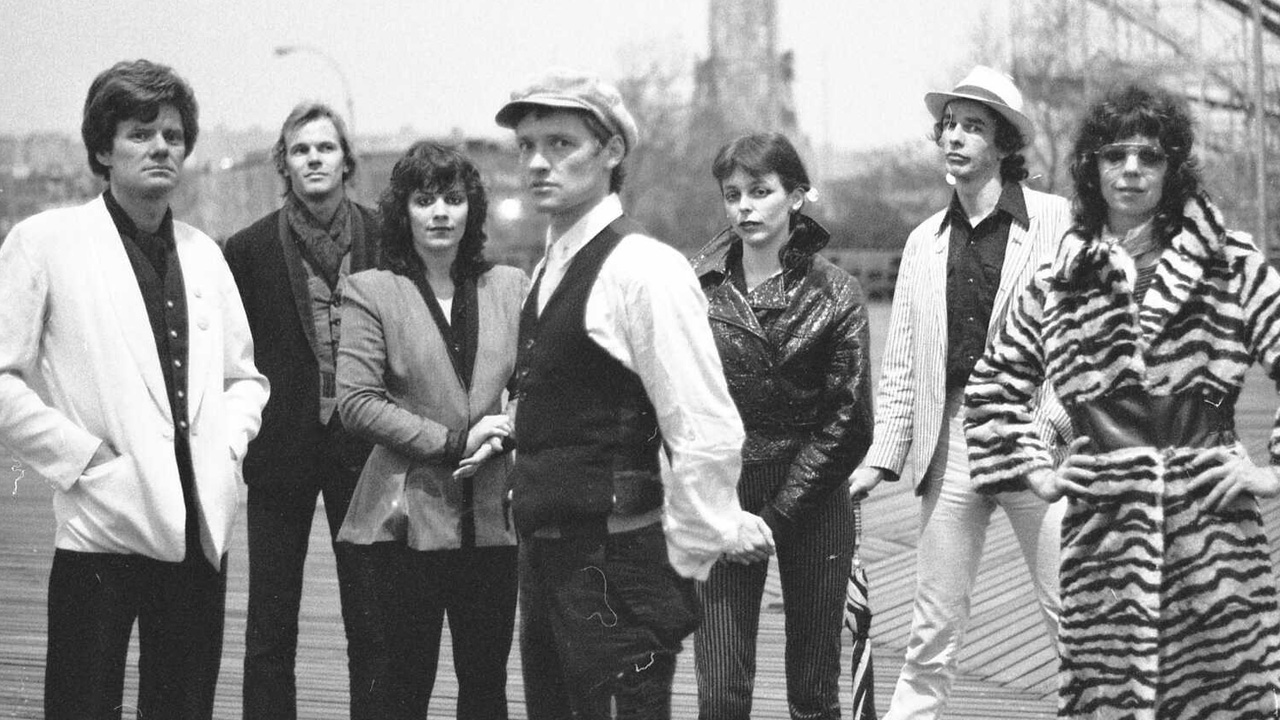
Red Mole: A Romance
Goldson’s most recent film centres on renowned theatre punks Red Mole, relaying their impact on New Zealand’s theatre scene as well as their attempts to make it big in New York (during one of the city’s darkest periods). Another mostly self-funded effort, Red Mole proves itself essential as a biography on important radical artists, an historical piece about art rising from political unrest, and a timeless story of the push-n-pull tension that arises when romantic endeavours are tied to practical responsibilities.
Musicians, poets, cartoonists, and puppeteers also find themselves sucked into Red Mole’s gravitational well of creativity, many of whom relay their experiences and anecdotes on camera. Further boosted by a wealth of archival materials, Red Mole: A Romance effortlessly cements a Kiwi troupe of artists—whom you may never have heard of before—into your mind.







